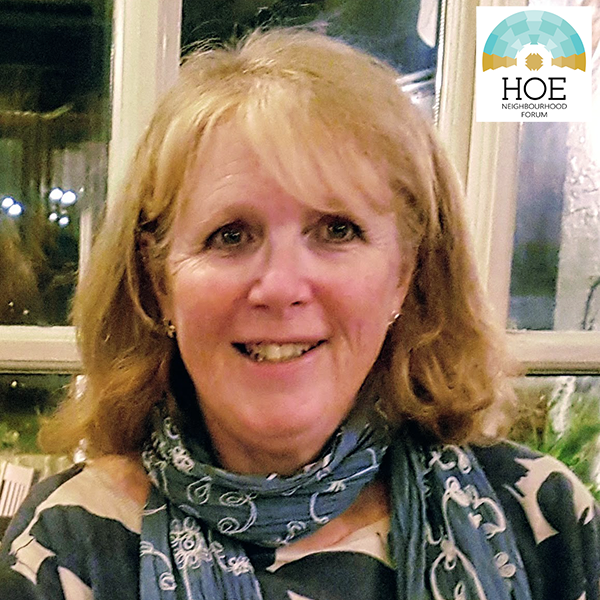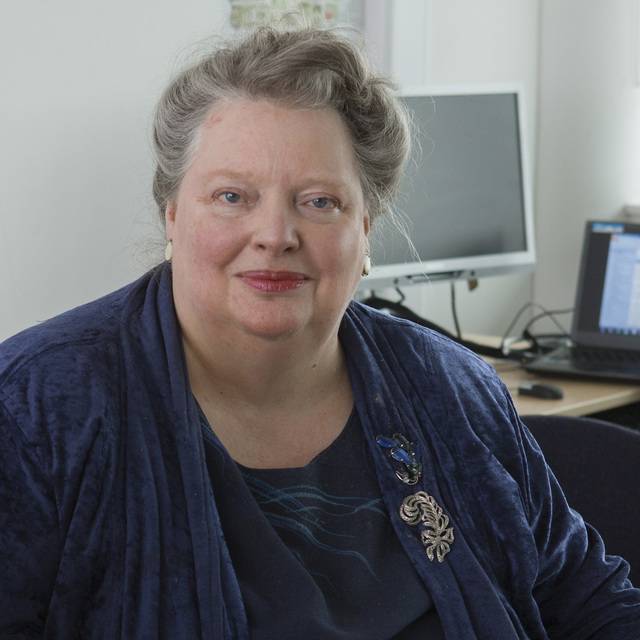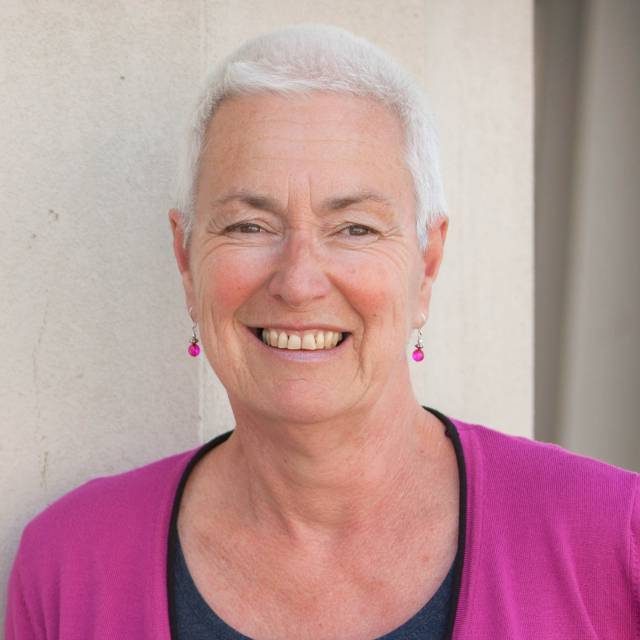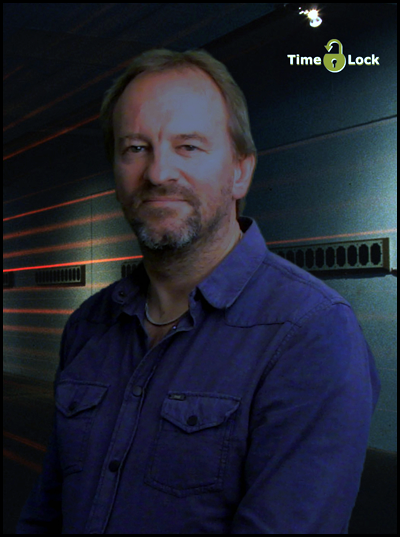
Penny Tarrant
I moved to Plymouth in 2013 after a career in the City of London. I have strong family connections to Devon, going back many generations.
I am very involved in my local community. I am Chair of the Hoe Neighbourhood Forum, which was established in 2017 and which is recognised by Plymouth City Council as a statutory consultee in planning issues within the Hoe forum boundary.
Part of the ethos of the Neighbourhood Forum is to bring together and balance the interests of residents, businesses and visitors alike to make the Hoe the best possible place to visit, live and work. We support development but only where it enhances, rather than harms our world-class heritage. We also undertake cultural projects, which bring us together as a community.
I am a Board Director of Plymouth Waterfront Partnership, where we collaborate on improvements to the Hoe and the Waterfront generally.
I am a founding member and former Chair of Environment Plymouth, an umbrella group for any organisation working sustainably in the city. I also chair the Plymouth Food Waste Partnership, which is campaigning for a domestic food waste collection in the city.
I first met Kim and Judith when I became interested in the activities of suffragettes in the city. This led us to come together with Alexis Bowater and her team and members of the Hoe Neighbourhood Forum to celebrate the centenary of Nancy Astor, herself a prominent Hoe resident, having taken her seat in parliament. This was the inspiration for our further collaboration to discover the many other inspirational Powerful Women who have had such an incredibly positive impact on Plymouth over the last century.
With thanks to Hoe Neighbourhood Forum members and our funders, the National Lottery Heritage fund.

Professor Judith Rowbotham
After a period at SOAS, my research interests shifted focus, and I became a social and cultural historian focusing on the nineteenth and early twentieth centuries in particular, and began to establish myself as a specialist in the use of printed materials as a source for historians and for wider scholarly research. In 1989, I published Good Girls Make Good Wives, on the basis of my examination of the didactic literature written for girls c1840-1907. Subsequently I became interested in the propaganda literature written by the Foreign Missionary movement of the nineteenth century, and the presentation of stereotypes of empire etc through that. In 1999, I began to work with Kim Stevenson, and together, we founded the SOLON Consortium. My research focus consequently shifted to ‘bad’ behaviour, and I began to develop my interdisciplinary credentials as a lawyer and criminologist as well as a historian of crime. Law breaking, especially ‘every day’ offending and its reportage in the media remains my key research focus, but in addition, my expertise as a British political historian has ensured I have retained an interest in constitutional history and as a parallel to this, in the social history of the monarchy and the royal family. I have also worked on issues of Victorian nutrition and health.

Professor Kim Stevenson
University of Plymouth, School of Society and Culture
It was Plymouth’s tagline of Ocean City that drew me here in 2004 with a move from lecturing in law at Nottingham Trent University to the University of Plymouth – and the chance to swim and sail in Plymouth Sound.
As a former police officer, concerned about the treatment of women and children, I became an expert in the law relating to crimes and offences committed against them, especially sexual offences and gender related issues. Similarly, the under-representation of women in the legal world and criminal justice process has been something that I have highlighted and encouraged my students to discuss and challenge throughout my teaching career.
Interested in heritage and specifically histories of crime, in 1999 I met Judith and we have worked together ever since publishing research and encouraging greater public understanding about crime, gender and the criminal justice process in both modern and historical contexts.
Moving to Plymouth, it was apparent there had been no real academic study of crime history in Plymouth. My research uncovered the appointment, in 1892, of one of the youngest Chief Constables ever, the charismatic Joseph Sowerby who cleaned up the streets of Plymouth in the late nineteenth century tackling drunkenness and prostitution. He also arrested Mrs Pankhurst in Plymouth Sound in 1913 which led to Judith and I meeting Penny who wanted to find out more about the local suffragette movement. Together with Rob and Judith we made a biopic docudrama.
Through Penny I joined The Hoe Neighbourhood Forum to help protect the area’s unique heritage. In 2019, frustrated that the centenary of Lady Astor’s election to Parliament as the first female MP to take her seat was somewhat overshadowed by the city’s emphasis on Mayflower 400 we decided to organise an exhibition at the Guildhall to commemorate not just Nancy but all the amazing women who have contributed so much to my adopted city. This then led to the team’s development of the Plymouth Powerful Women walking app in association with Visit Plymouth, the Heritage Lottery Fund and the University of Plymouth.

Rob Giles
University of Plymouth, Time-Lock
Together with Kim Stevenson I am responsible for the creation of Time-Lock conceived and established in 2016. Our mission was to make historical culture, society and events of the past more accessible by exploring the use of existing and emerging technologies.
Working within this guiding principle I have filmed, recorded, curated and developed a wide range materials for both academic and public exhibitions, conferences and festivals.
Along with posters, podcasts and websites Time-Lock displayed the first Virtual Realiity visualisation of convict transportation and has produced two feature length documentaries ‘Nancy Astor: A Returned Pilgrim‘ (2019) and the award winning ‘How do you fix a town like Plymouth‘ (2018).